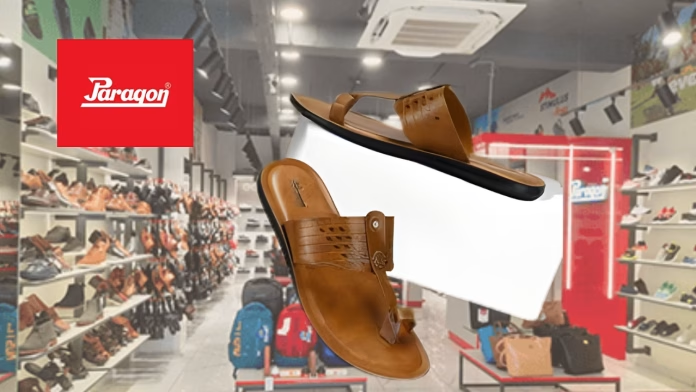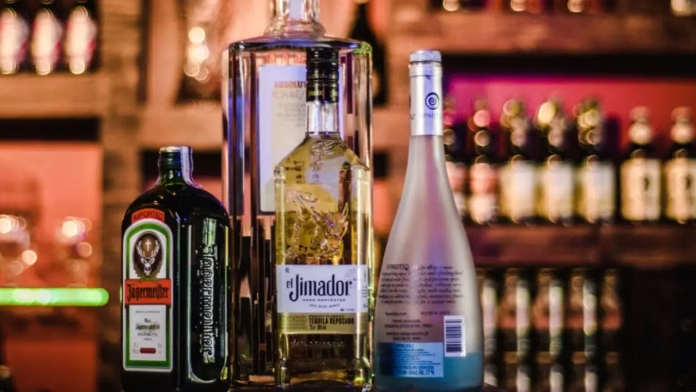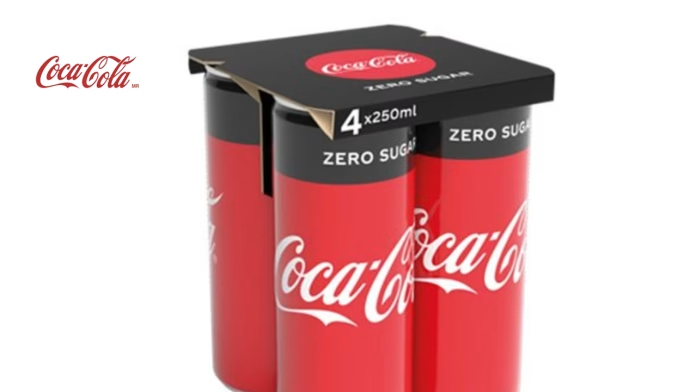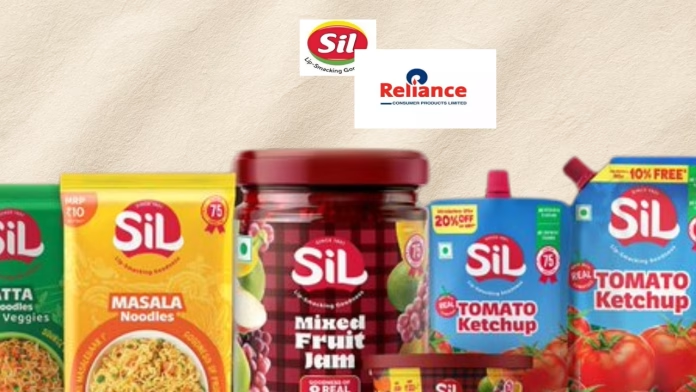Lucira is charting an ambitious growth journey as it sets its sights on becoming a Rs 100 crore brand within the next three years. The jewellery brand, which started as a digital first venture, is now placing a strong bet on physical retail as it looks to build scale, trust, and long term profitability in a competitive market.
The company plans to open between eight and ten offline stores across major Indian cities by FY26. This move reflects a clear understanding of how jewellery buying works in India, where customers still value touch, feel, and in person assurance before making a purchase. While Lucira began online, offline channels already contribute nearly 85 percent of its overall revenue, underlining the importance of brick and mortar presence for the brand.
Lucira’s strategy goes beyond just adding stores. The focus is on building an omnichannel model where online discovery and offline experience work together seamlessly. Customers may browse collections digitally, but complete their purchases in store, or vice versa. This integrated approach is helping the brand improve conversion rates while keeping customer acquisition costs under control.
To support its expansion plans, Lucira has raised Rs 45 crore in funding. The capital will be used to strengthen retail infrastructure, invest in brand building, and refine supply chain operations. With careful store selection, controlled inventory, and a sharp focus on margins, the company aims to scale without compromising profitability.
As consumer preferences evolve and organised jewellery retail continues to grow, Lucira’s shift toward a balanced online and offline presence could position it well for the next phase of growth. If executed with discipline, the brand’s Rs 100 crore goal may arrive sooner than expected.










